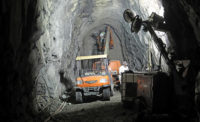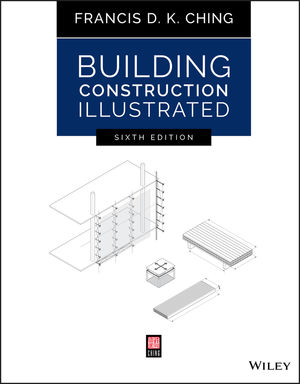Impacts from rising construction material prices still are being felt despite recent signs of stabilization, say two new construction industry group analyses.
The Associated General Contractors of America report says construction input prices were up 1.1% in June from May, and rose 16.8% from June 2021.
“Some materials prices have fallen recently but others appear headed for further increases,” said Ken Simonson, AGC chief economist, in a statement. “Since these prices were collected, producers of gypsum, concrete, and other products have announced or implemented new increases. In addition, the supply chain remains fragile and persistent difficulties filling job openings mean construction costs are likely to remain elevated despite declines in some prices.”
Construction input prices tracked by the Associated Builders and Contractors jumped 1.9% in June compared to the previous month, and are up 20.1% year-over-year.
Both industry groups base their analyses on data published by the U.S. Bureau of Labor Statistics.
“It’s no secret that contractors and their customers have been walloped by massive increases in construction materials prices,” said ABC chief economist Anirban Basu.
While the effects of higher input prices were still being felt in June, the most recent data show that "key commodity prices have declined, so it may be possible we have achieved peak inflation," he said.
Concerns Voiced to Congress
The effects of higher material prices and broader worries linked to the impact of inflation prompted some industry officials to voice complaints on Capitol Hill.
The materials cost hikes continue to impact projects funded by the Infrastructure Investment and Jobs Act, said state and local public officials and industry executives speaking at a July 14 roundtable discussion held by Republican members of the House Transportation and Infrastructure Committee.
They cited project costs that rose well above original estimates, leading to deferrals or cancellations. The committee’s top GOP member, Missouri Rep. Sam Graves, said that inflation is “out of control” and is affecting project schedules.
“Inflation is hitting the pocketbook of every American and it’s hitting the transportation and construction industries particularly hard,” he said, adding that funding provided in the infrastructure law "is shrinking in value every single day.”
Shawn Wilson, secretary of the Louisiana Dept. of Transportation and Development and president of the American Association of State Highway and Transportation Officials, said that “the most important thing for us to be able to do is to manage expectations.”
Some expected infrastructure law benefits will not be realized because of inflation, but also due to problems with the supply chain and finding enough skilled workers, he said.
George Palko, president and CEO of Great Lakes Construction Co., Hinckley, Ohio, said his company bid, or was involved as a subcontractor, on three Ohio Dept. of Transportation projects in the past three months on which bids were rejected because they were far higher than budgeted amounts.
One project estimated at $2.7 million came in at $5 million, said Palko, an AGC member. Another was estimated at $13 million but had risen to $16 million, while the third was estimated at $180 million but came in at $270 million.
The cost of fuel “is impacting every aspect of my business,” said Karen Hubacz, president of Bond Construction Corp., Spencer, Mass., and a member of the National Stone, Sand & Gravel Association. “Fuel prices have nearly tripled this past year, which is driving every cost for the materials we produce.”
Committee Democrats did not respond to a request for comment from ENR about the Republicans’ meeting.







